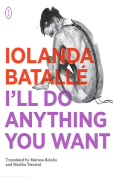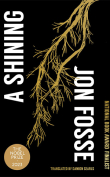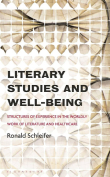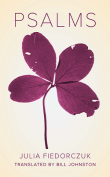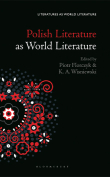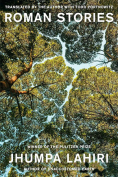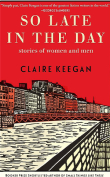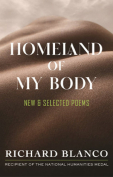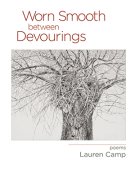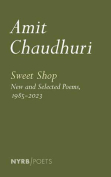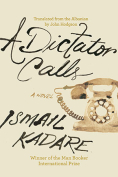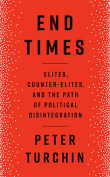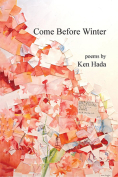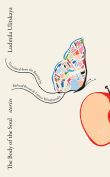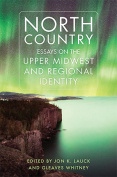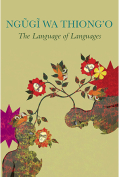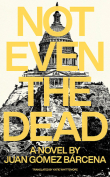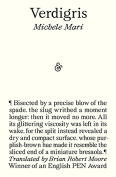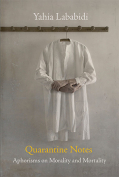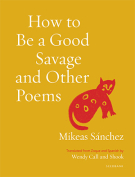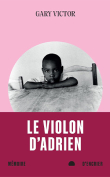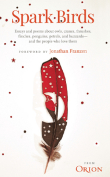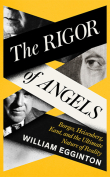Literary Studies and Well-Being: Structures of Experience in the Worldly Work of Literature and Healthcare by Ronald Schleifer
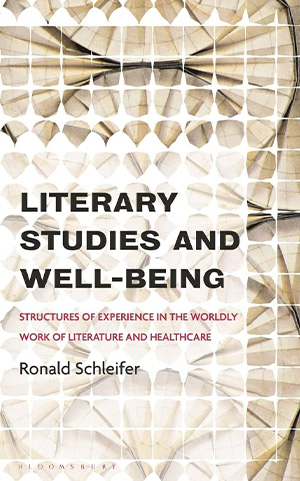 New York. Bloomsbury Academic. 2022. 280 pages.152 pages.
New York. Bloomsbury Academic. 2022. 280 pages.152 pages.
Understanding what it means to be well and how to take care of our well-being is a common motif found in both life and literature. It draws upon the notion that humans have the capacity to care and to show compassion, for oneself and for one another. This is evident in the health-care professions and in the works that we read which echo how “we shape action in the world.” Of course, it matters how one defines what well-being means, which is influenced by one’s experience and place in the world. This is what Ronald Schleifer’s Literary Studies and Well-Being brings together seamlessly in a series of lecture-type discussions on the relationship between literature and the health sciences, and how they are intertwined by the narratives and discourse we encounter every day.
It does not set the two ideas against each other but rather discusses in-depth how both literature and health care complement one another in ways that encourage writers, readers, clinicians, and everyone in between to see past the common narratives that they believe characterize their experience. Schleifer expounds upon the idea that practical work is just as much impacted by literary work, and that the two worlds can be connected for the betterment of society. As echoed in the book, eudaimonia is described as the Greek concept set forth by Aristotle of “living well.” We all want to live well, and we often will look to literature, motifs in our world, or practicality found in those who have knowledge we lack to find new ways to live well.
Both literature and health care can promote this idea of living well, by giving individuals a sense of hope that is found in both the written word and verbal conversation. This book is a beautiful discussion of what it means to have lived experiences, how humans use these events to understand the narrative that is their life, and how literature can influence the definition of wellness in our modern society. I would encourage anyone interested in living well or helping others to do so to pick up this book and take the chance to expand their knowledge, deepen their experience, and start a conversation about well-being. Social workers, therapists, authors, teachers, doctors, students, and anyone with a stake in humanity can appreciate what Literary Studies and Well-Being has to offer. Through shared word and verse, we grow in understanding our values and the power of experience.
Cecilia Simon
University of Oklahoma
